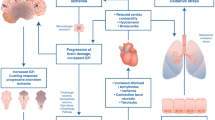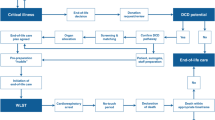Abstract
After 40 years of research on various types of artificial organs, artificial organs once considered to be impossible have now become realities. The implantation of total cardiac prostheses is now feasible and many patients have been successfully bridged to transplant with total and partial artificial hearts. The use of the artificial kidney is now widespread all over the world. Various surgical implants such as heart valves, vascular grafts, cardiac pacemakers, and ophthalmologic implants, orthopedic implants are now used routinely. With the current trend of an increasing older population and the extension of the average life span, the need of artificial organ technologies is increasing annually. Because prostheses or artificial organ applications are quite expensive, the expenses involved for these types of application are increasing at an alarming rate annually. In the past, the only traditional medical technologies applied were primarily drugs and surgery. There are still limitations today in preventing end stage organ failure despite the remarkable studies made in surgery, drug therapy and even more recently in biochemistry and immunology. Artificial organ technologies must not only be for end stage organ failure but they can be useful in prophylaxis.
The role of artificial organ technologies in therapeutics is now being recognized. The removal of pathologic macromolecules by plasmapheresis technologies such as in various types of autoimmune diseases has been proven to slow down the disease processes and in some cases stop their progression. Studies on lipoprotein removal by extracorporeal technologies show that the process of atherosclerosis may be slowed or stopped and that regression of atherosclerotic lesions may be possible.
It is believed that the future of artificial organs should not only be focused on the development of replacement organs, but also on the artificial organ technologies for therapeutic or preventative medicine. By applying aggressively these type of technologies, certainly the outcome of early end stage organ failure can be prevented and the needs for artificial hearts, artificial kidneys, orthopedic implants and various implantable artificial organs reduced.
Similar content being viewed by others
Author information
Authors and Affiliations
Rights and permissions
About this article
Cite this article
Nosé, Y., Malchesky, P.S. Future of Artificial Organs; Therapeutic Artificial Organs. MRS Online Proceedings Library 110, 723–727 (1987). https://doi.org/10.1557/PROC-110-723
Published:
Issue Date:
DOI: https://doi.org/10.1557/PROC-110-723




